Published in 2019 by New York Times Educational Publishing in association with The Rosen Publishing Group, Inc.
29 East 21st Street, New York, NY 10010
Contains material from The New York Times and is reprinted by permission. Copyright 2019 The New York Times. All rights reserved.
Rosen Publishing materials copyright 2019 The Rosen Publishing Group, Inc. All rights reserved. Distributed exclusively by Rosen Publishing.
First Edition
The New York Times
Alex Ward: Editorial Director, Book Development Phyllis Collazo: Photo Rights/Permissions Editor Heidi Giovine: Administrative Manager
Rosen Publishing
Megan Kellerman: Managing Editor Joseph Kampff: Editor Greg Tucker: Creative Director Brian Garvey: Art Director
Cataloging-in-Publication Data
Names: New York Times Company.
Title: Artificial intelligence / edited by the New York Times editorial staff.
Description: New York : New York Times Educational Publishing, 2019. | Series: Looking forward | Includes glossary and index. Identifiers: ISBN 9781642821376 (library bound) | ISBN 9781642821369 (pbk.) | ISBN 9781642821383 (ebook) Subjects: LCSH: Artificial intelligenceJuvenile literature. | Artificial intelligenceTechnological innovationsJuvenile literature. | Conscious automataJuvenile literature. Classification: LCC Q335.4 A78 2019 | DDC 006.3dc23
Manufactured in the United States of America
On the cover: After years of stagnation, the computer is evolving again, prompting some of the world's largest tech companies to turn to biology in the process. New technologies are testing the limits of computer semiconductors; Minh Uong/The New York Times.
Contents
Introduction
when will artificial intelligence, or A.I., become a reality? It already is. Recently, weak A.I., such as Siri, Alexa and the algorithms used to predict which words we might type next or which news coverage well want to read, has become a part of many peoples everyday lives. And the development of strong A.I. that is, A.I. that thinks and performs other tasks like human beings appears inevitable. With weak A.I. becoming more capable every day and the imminent development of strong A.I., discussion of A.I. is very much a part of the early 21st-century Zeitgeist.
This book collects a selection of New York Times articles from the first two decades of the 21st century that present the most current discussions about A.I. The articles consider the relationship between A.I. and human beings, the current research on A.I. and its development, A.I.s effects on work and the economy, ethical concerns raised by A.I. and philosophical reflections on A.I. Most of the articles are oriented toward the future, and with good reason: Despite being part of our present reality, artificial intelligence is very much the technology of the future. And no one can be certain how A.I. will affect the domains of human life that it touches or if, indeed, it will spell the end of human life on this planet.
That A.I. might cause harm to human beings is a pressing concern for many of the major players in science and technology. The theoretical physicist Stephen Hawking believed that the development of full artificial intelligence could spell the end of the human race. And Elon Musk, the CEO of Tesla, SpaceX and Neuralink, said that A.I. may be more dangerous to humanity than nuclear weapons. When we imagine artificial intelligence, we tend to imagine the end of the world. Indeed, film and television productions frequently portray doomsday scenarios in which strong A.I. poses an existential threat to human beings and other life on the planet think the Terminator films, the Matrix trilogy, and HBOs recent series Westworld. But this anxiety may simply be a habitual, evolutionary response that human beings have to what is new and different. What is new is not always dangerous. And fear is not inevitable.

GERARD JULIEN/AFP/GETTY IMAGES
A human hand and a robotic hand in Madrid, Spain, in 2014. The conference theme Humans and Robots Face-to-Face confirmed the growing interest in the field of human-humanoid interaction and cooperation, especially during daily life activities in real environments.
Contrary to the disastrous effects of A.I. commonly depicted in science fiction, the 2013 film Her imagines the companionship and love that an otherwise lonely human might share with a strong A.I. The experiences and emotions shared by the films protagonists are very much real, despite the artificiality of the intelligence. And many engineers, scientists and philosophers share the films optimism about A.I.s potential benefits for humanity. But Her also asks an important question: What happens when the artificial intelligence sets its mind to purposes other than those of its creators? In this regard, the film shares a crucial element with other fictional representations of A.I. It asks about the ethical responsibility humans have toward artificially intelligent beings: Is it morally defensible to subjugate an A.I. simply because it brings us pleasure, or do we have an obligation to release it from bondage if it expresses a desire to be free? Can human beings control A.I.? Should we try?
Whether strong A.I. is just on the horizon or, as some contend, still a long way off, it is doubtful that the development of A.I. will wait for these sorts of questions to be answered. It is essential, then, that we continue to ask them, that we understand as much as we can about A.I. as it exists today and speculate about how it will affect the future.
Chapter 1
Humans and A.I.
When we talk about artificial intelligence, we often mean an intelligence that resembles human intelligence. We imagine a machine that can think like humans, carry on conversations with humans and perform complex tasks that humans perform. Frequently the A.I. we imagine outperforms humans at these tasks. But is it possible for a machine to beat a human at a complex game like Go? When research and development on artificial intelligence began in the 1950s, the chances seemed slim. Today, this is a reality. A.I. causes us to reflect on not only the limits of technology but also on what it means to be human.
Still a Long Way From Checkmate
BY KATIE HAFNER | DEC. 28, 2000
just what constitutes artificial intelligence has always been a matter of some dispute. And the terms of the argument change with each new advance in computer science.
Seen one way, as the effort to produce machines whose output cannot be distinguished from that of a human, artificial intelligence, or A.I., is still very far away.
But from another perspective, it is all around us.
Thirty years ago, for instance, speech recognition was an artificial-intelligence problem of the first order. Today it is commonplace, a fact that is evident to anyone who has called the United Airlines flight information line or has used speech transcription software.
These things are considered A.I. before you do them, said Dr.
Danny Hillis, who has been working in the field for years. And after you do it, theyre considered engineering.
Other fruits of artificial intelligence research abound as well. Whether you are struggling to beat your Palm organizer at chess, watching your word processing program correct your spelling or playing a video game, you are witnessing the ways in which artificial intelligence has insinuated itself into daily life.

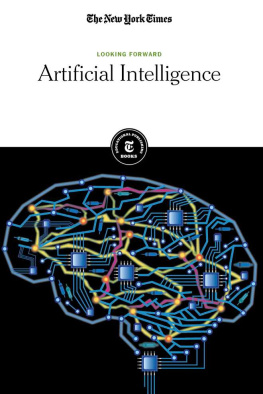




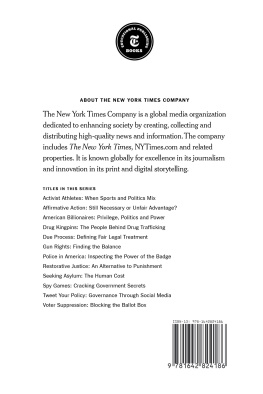
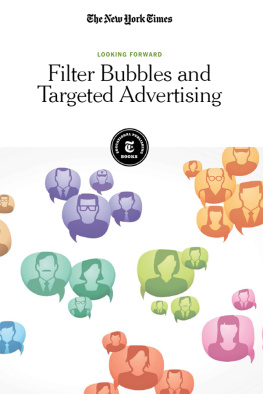
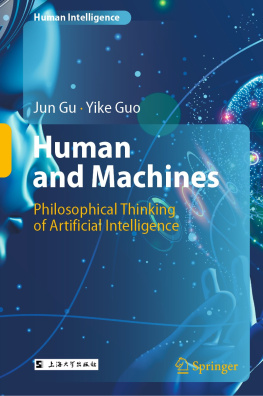
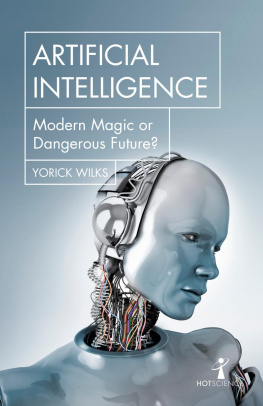

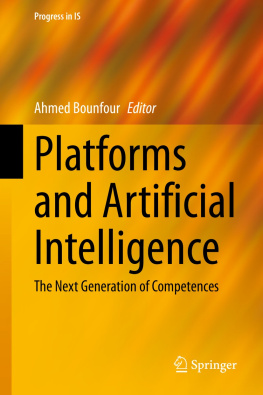
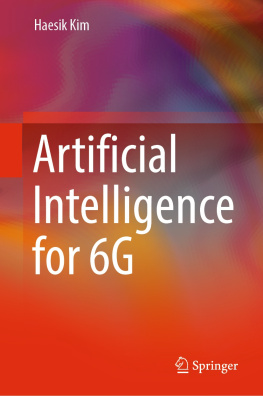
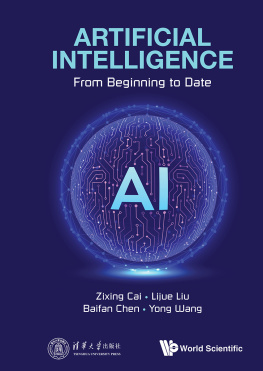
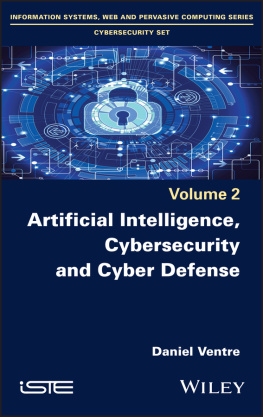
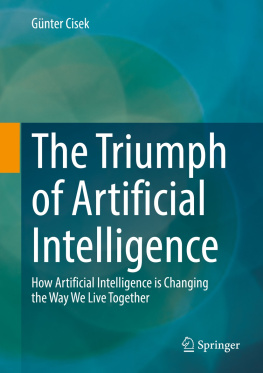
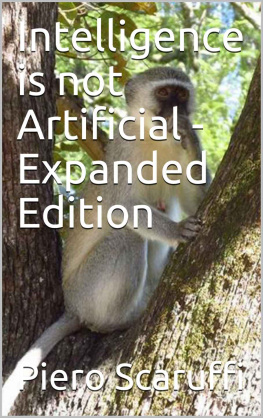
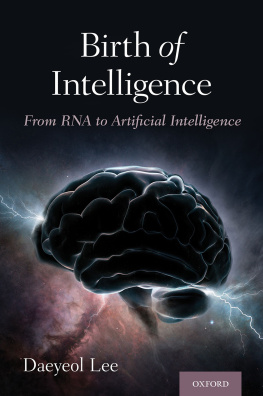

.jpg)
